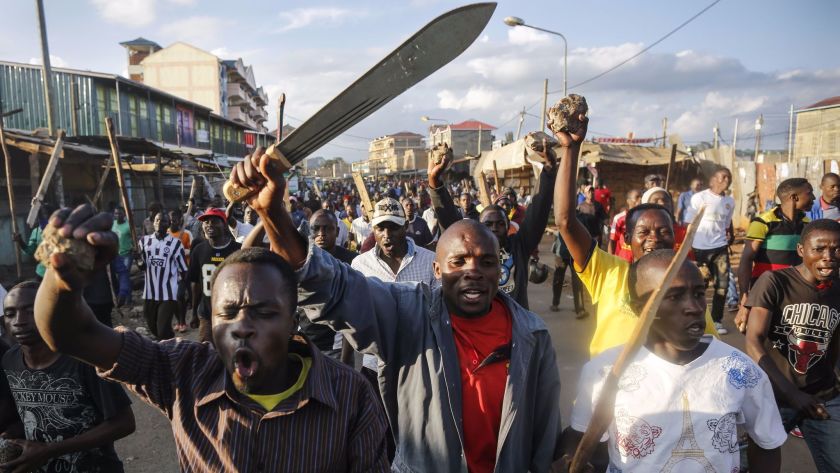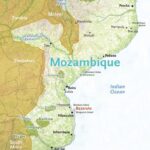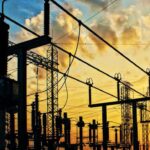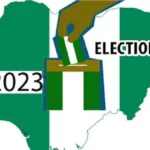A former National Commissioner, Independent National Electoral Commission, Prof. Okechukwu Ibeanu, yesterday blamed electoral violence in Nigeria on the non-implementation of recommendations from various panels on the issue.
He spoke in Abuja at a policy dialogue on ‘Citizens’ Rights and Impact of Insecurity on the 2023 General Elections’, organised by the Electoral Hub with support from the Open Society Initiative for West Africa (OSIWA).
Ibeanu also identified voter suppression, logistic failure, fake news and hate speech, loss of confidence in the judiciary, impunity and failure to bring culprits to book, rising expectations from the electorates, among others, as reasons for election violence.
He said to tackle electoral violence, the country needed Election Administration Agency (EAA) and a system for holding people accountable for their actions.
At final peace accord signing: Buhari urges candidates to accept election outcome
NNPP accuses DSS of intimidation in Kano
A senior research Fellow, Centre for Democracy and Development (CDD), Prof. Adele Jinadu, said law and order had not effectively been used to protect the citizens.
He also said the rising spate of banditry, insurgency and other security challenges were as a result of the failure of the state.
He urged Nigerians to complement the efforts of INEC in securing the environment elections are conducted.
Executive Director, The Electoral Hub, Princess Hamman-Obels, urged Nigerians not to allow themselves to be induced with money by politicians, saying both the seller or buyer of votes are guilty of election malpractice.
She urged Nigerians to promote peace and desist from hate speech and other vices that would cause violence during the elections.
She also called for inclusion of women and people with disabilities, while stressing the need for indebt voter education across the country.
Hamman-Obels decried the current spate of insecurity that had led to the destruction of INEC offices, electoral materials.
She said this would adversely affect INEC’s preparations for the elections, especially as it relates to new procurements and other planning.

 Join Daily Trust WhatsApp Community For Quick Access To News and Happenings Around You.
Join Daily Trust WhatsApp Community For Quick Access To News and Happenings Around You.


